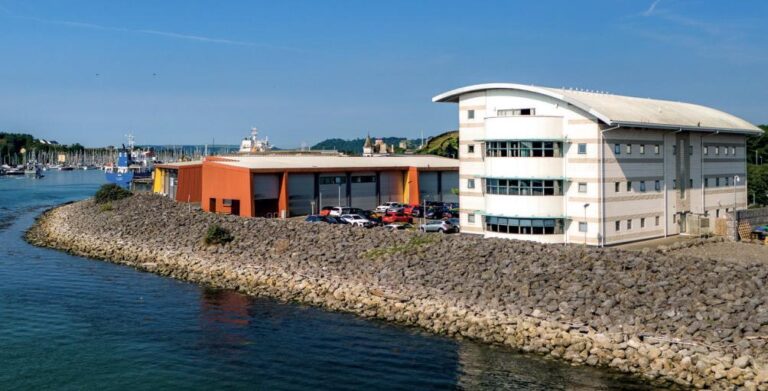Our leisure valuation team received instructions on behalf of our client, a mainstream bank, to provide an RICS ‘Red Book’ valuation report and opinion of market value of the hotel as an operational entity, having regard to its trading potential to include its freehold interest, inherent goodwill and plant & machinery.
A valuation for this purpose is typically referred to as a ‘loan security valuation’. These are undertaken for banks and lenders to establish whether the value of the loan requested can be secured against the value of the property. Our client required an opinion of market value and commentary on the asset as security for the purpose of their loan considerations. There are a small number of hotels on the Isles of Scilly and, therefore, limited comparable evidence.
Properties of these types are typically valued using the income approach and profits method of valuation, having regard to the property’s trading potential to include its freehold or leasehold interest and plant and machinery, by comparison with the sale of similar properties on the open market. When valuing a property as an operational entity, the first stage is to assess the Fair Maintainable Turnover (FMT) that could be generated at the property by a Reasonable Efficient Operator (REO), together with an assessment of the Fair Maintainable Operating Profit (FMOP).
FMOP is the level of profit stated prior to depreciation and finance costs relating to the asset itself, that the REO would expect to derive from the FMT. This is based on an assessment of the market’s perception of the potential earnings of the property, reflecting all costs and outgoings, as well as an appropriate annual allowance for periodic expenditure, such as decoration, refurbishment, and renewal of trade inventory.
The REO is a concept assuming market participants are competent operators, acting in an efficient manner of a business conducted on the premises. It involves estimating the trading potential, rather than adopting the actual level of trade under the existing ownership, and it excludes personal goodwill.
There is a distinction between the Market Value of a trade related property and the investment value, or its worth to the operator. When assessing the future trading potential, as valuers we should exclude any turnover and costs attributable solely to the personal circumstances, skill, expertise, reputation and/or brand name of the existing operator. Likewise, we should reflect additional trading potential that might be realised by a REO taking over the property at the valuation date.
Having concluded our opinion of value, we provided our client with an RICS ‘Red Book’ valuation report, which included detailed commentary on the hotel market, how the business is operated and how this compares with typical operations on this nature, together with our analysis of recent hotel transactions across Cornwall and Devon. Our report enabled the bank to understand the associated risks with the asset, its location and market, to make an informed decision before agreeing to lend.
Having advised our client the property was suitable for secured lending purposes, in line with their lending policies for a property of this type, the borrower secured finance, enabling them to proceed with their future business plans.
Vickery Holman leisure team would be pleased to discuss the valuation or potential disposal of any trade related property across the South West.




